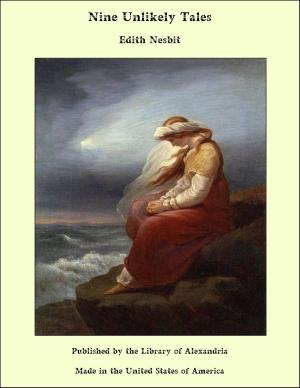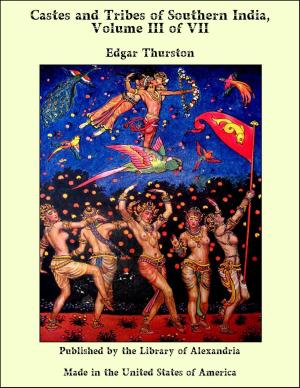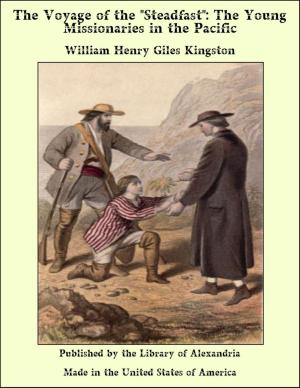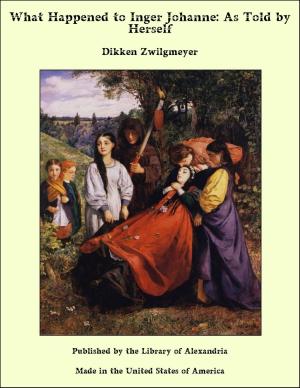| Author: | Captain Mayne Reid | ISBN: | 9781465531896 |
| Publisher: | Library of Alexandria | Publication: | March 8, 2015 |
| Imprint: | Language: | English |
| Author: | Captain Mayne Reid |
| ISBN: | 9781465531896 |
| Publisher: | Library of Alexandria |
| Publication: | March 8, 2015 |
| Imprint: | |
| Language: | English |
A TALE OF THE STAKED PLAIN. “HATS OFF!” Within the city of Chihuahua, metropolis of the northern provinces of Mexico—for the most part built of mud—standing in the midst of vast barren plains, o’ertopped by bold porphyritic mountains—plains with a population sparse as their timber—in the old city of Chihuahua lies the first scene of our story. Less than twenty thousand people dwell within the walls of this North Mexican metropolis, and in the country surrounding it a like limited number. Once they were thicker on the soil; but the tomahawk of the Comanche and the spear of the Apache have thinned off the descendants of the Conquistadores, until country houses stand at wide distances apart, with more than an equal number of ruins between. Yet this same city of Chihuahua challenges weird and wonderful memories. At the mention of its name springs up a host of strange records, the souvenirs of a frontier life altogether different from that wreathed round the history of Anglo-American borderland. It recalls the cowled monk with his cross, and the soldier close following with his sword; the old mission-house, with its church and garrison beside it; the fierce savage lured from a roving life, and changed into a toiling peon, afterwards to revolt against a system of slavery that even religion failed to make endurable; the neophyte turning his hand against his priestly instructor, equally his oppressor; revolt followed by a deluge of blood, with ruinous devastation, until the walls of both mission and military cuartel are left tenantless, and the redskin has returned to his roving
A TALE OF THE STAKED PLAIN. “HATS OFF!” Within the city of Chihuahua, metropolis of the northern provinces of Mexico—for the most part built of mud—standing in the midst of vast barren plains, o’ertopped by bold porphyritic mountains—plains with a population sparse as their timber—in the old city of Chihuahua lies the first scene of our story. Less than twenty thousand people dwell within the walls of this North Mexican metropolis, and in the country surrounding it a like limited number. Once they were thicker on the soil; but the tomahawk of the Comanche and the spear of the Apache have thinned off the descendants of the Conquistadores, until country houses stand at wide distances apart, with more than an equal number of ruins between. Yet this same city of Chihuahua challenges weird and wonderful memories. At the mention of its name springs up a host of strange records, the souvenirs of a frontier life altogether different from that wreathed round the history of Anglo-American borderland. It recalls the cowled monk with his cross, and the soldier close following with his sword; the old mission-house, with its church and garrison beside it; the fierce savage lured from a roving life, and changed into a toiling peon, afterwards to revolt against a system of slavery that even religion failed to make endurable; the neophyte turning his hand against his priestly instructor, equally his oppressor; revolt followed by a deluge of blood, with ruinous devastation, until the walls of both mission and military cuartel are left tenantless, and the redskin has returned to his roving















